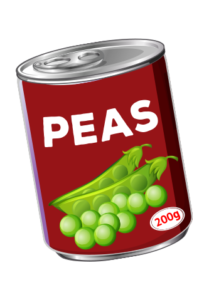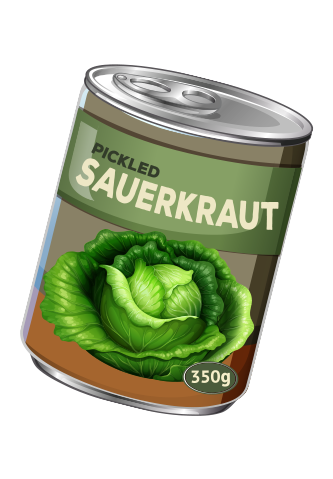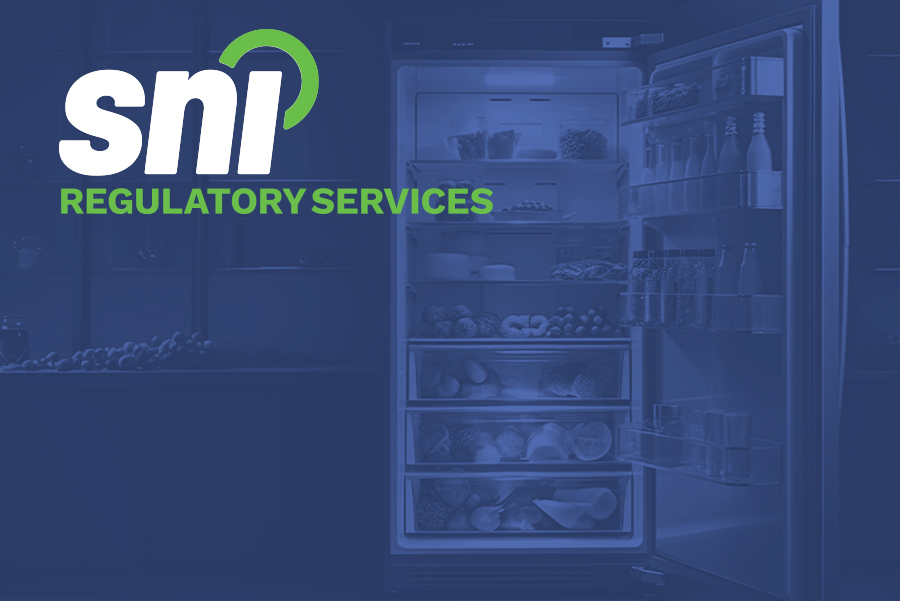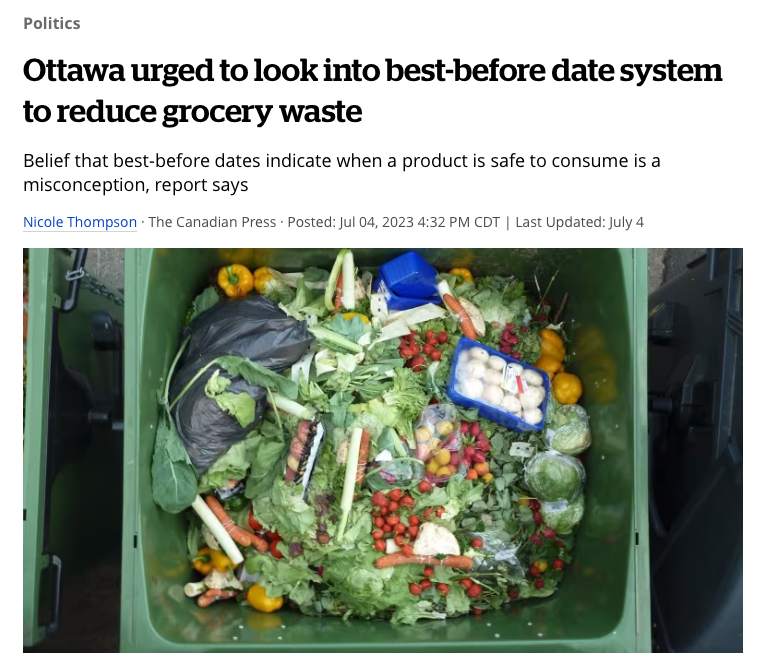In a recent CBC article, it is reported that the House of Commons committee on Agriculture and Agri-food has put forth a suggestion to eliminate Best Before date labels on food items. This proposal aims to tackle the issue of food waste and its reduction.
When consumers see that a food product in their home is past the best before date, they may incorrectly assume that it is expired and throw it away. In reality, a best before date is not an indicator of food safety, but it does give valuable information about freshness and potential shelf-life of an unopened product. A best before date (also known as a durable life date) is required on prepackaged food products that keep fresh for 90 days or less.
Common date terms you may notice on food products are “expiration”, “best before” and “packaged on”.
Expiration dates are required only on certain foods that have strict compositional and nutritional specifications which might not be met after the expiration date. Food should not be bought, sold or eaten if the expiration date has passed.

Best-before dates indicate the anticipated amount of time that an unopened food product, when stored under appropriate conditions, will retain its:
- freshness,
- taste,
- nutritional value, or
- any other qualities claimed by the manufacturer.
This information is usually found on the label with the words “best before” and “meilleur avant”.
Packaged on dates are similar to best-before date except they are to be used on retail-packed foods with a durable life date of 90 days or less, and must be paired with a durable life statement either on the label or on a poster next to the food.
In recent years, there has been growing discussion around the potential benefits of removing or reconsidering best before dates as a strategy to reduce food waste. The argument is that these dates often lead to premature discarding of perfectly safe and edible food, contributing to significant levels of waste.
This not only has economic implications for consumers but also contributes to environmental issues related to food waste, such as greenhouse gas emissions from decomposing food. However, there are also valid concerns about food safety and public health.
Removing best before dates without proper education could lead to the consumption of spoiled food, causing health risks.

In order to effectively address these issues, a balanced approach is needed.
This might involve improved consumer education on interpreting and using best before dates correctly, along with clearer labeling that distinguishes between quality and safety dates. Collaborative efforts between regulatory bodies, food manufacturers, and consumer advocacy groups could result in more informed decisions about best before dates on food packaging.





